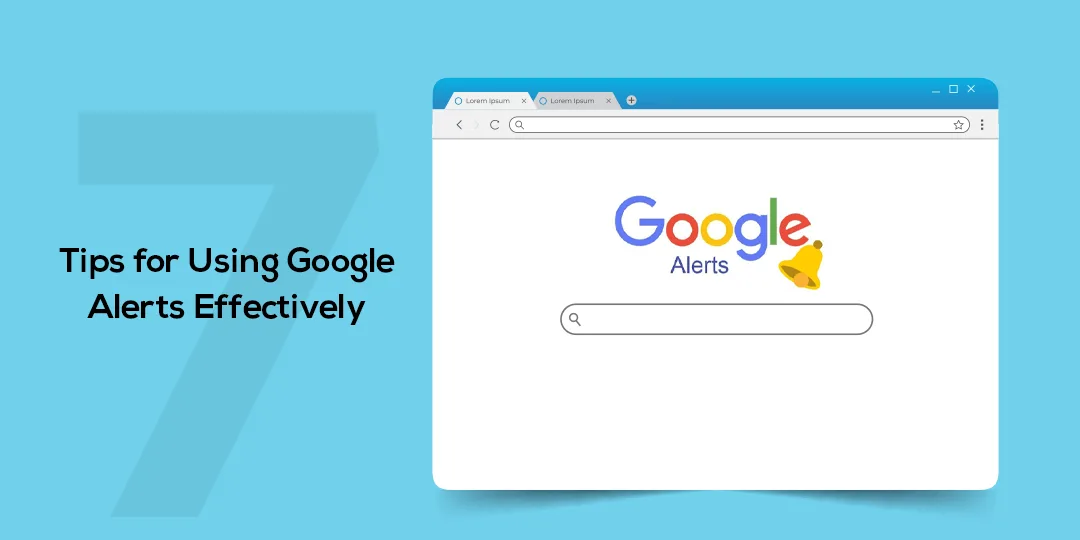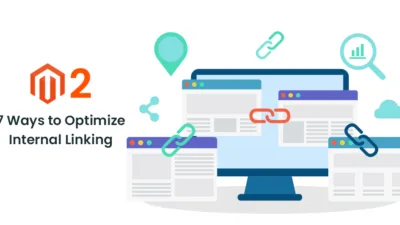Do you want to stay updated with the latest news in your industry? Keeping up with the current news is hard work.
Google Alerts is a free tool to remain updated with modern trends and the latest information. Google Alerts is one of the best web inspecting tools that help us know what is happening in the online world.
But many marketers and businesses are failing to experience the benefits of Google Alerts. This article will go through What Google Alerts actually is and the tips to get the most out of it.
What is Google Alerts?
Google Alerts is a free-of-charge tracking tool by Google that allows you to keep an eye on the web for keywords or search terms based on your industry, competitors, or your area of interest.
After setting up Google Alerts, it sends email notifications of recent news and trends with the link. You can determine how often you want to receive email notifications from Google Alerts. You can also update your criteria for Google Alerts.
You can create up to 1,000 alerts through Google Alerts and the best part is you just require a Gmail account in order to use Google Alerts.
7 Tips for Using Google Alerts Effectively
You can leverage the benefits of Google Alerts with some hacks and tips. Look at the below tips to get as much good information from Google Alerts as possible.
Tip #1: Use phrases
Use long-tail keywords or phrases for search terms. Combine specific words with other keywords. This will help to get more control over the tracking. Use quotations around the keyword to let Google know what you are exactly searching for and provide the results accordingly.
Tip #2: Use operators
To stop irrelevant results and receive only specific alerts, you can use operators to exclude some content.
- Use a hyphen (-) to tell Google to exclude that word or phrase in the Google Alerts results. For example, using “-Social Media” will exclude all the results that contain this word.
- Similarly, use the tilde (~) sign in front of the keyword to get the results of the synonyms or other related terms. For example, using “~Digital marketing” will also return results of other terms related to this keyword like online marketing, web marketing, etc.
- Use the plus (+) operator in front of the keyword to include that keyword in the search results. For example, using “+email marketing” will return the results that contain this keyword.
Tip #3: Use more than one alert
Google Alerts allows you to set up up to 1,000 alerts. Hence, you can create multiple alerts to cover various search terms.
Here are some examples you can track
- Your brand name
- Your competitors
- Your products/services
- Online reviews
- Your industry
Tip #4: Monitor negative feedback
If there is any comment or post that says negative about your business or product, Google Alerts can immediately notify you. This will help you to make changes to your marketing strategy and approach the person to build their trust in your brand.
Use the following keywords:
- “My brand”+hate
- “My brand”+not satisfied
- “My brand”+worst experience
This will help you get notified about the problems and solve them.
Tip #5: Track your competitors
It is time-consuming to visit the websites of all your competitors and track what they are doing. Google Alerts can help you get notifications of your competitors’ new campaigns, blog posts, guest postings, and other online activities. By doing this you can identify new opportunities and know their superior or inferior practices.
Tip #6: Avoid negative SEO attacks
With Google Alerts you can easily identify negative SEO attacks on your business. Include spam terms along with your brand name or company web address to know about negative SEO attacks.
With Google alerts you can find out if your content has been duplicated by setting the appropriate alerts. You can double-check the duplication by using a plagiarism checker on your content and see where it has been replicated.
That way you can report the offending websites to Google before your own rank gets sabotaged. Thus with plagiarism checkers and Google alerts you can safeguard yourself from negative SEO attacks.
Tip #7: Avoid common keywords
You might think that it is better to receive more alerts. But that’s not true. Your inbox will be overflowed by the alerts and you will be deleting them without even looking at them.
Hence, adhere to specific and relevant keywords that are actually useful to you. No matter if it is just a few.
Final Say:
Google Alerts is a great source and the easiest tool to stay updated with the latest alerts, trends, news, and events. By using the above-mentioned tips you can take complete advantage of Google Alerts effectively.
To stay ahead of the game in your industry, you can hire an SEO professional to help you accelerate your rankings and enhance your online presence.





